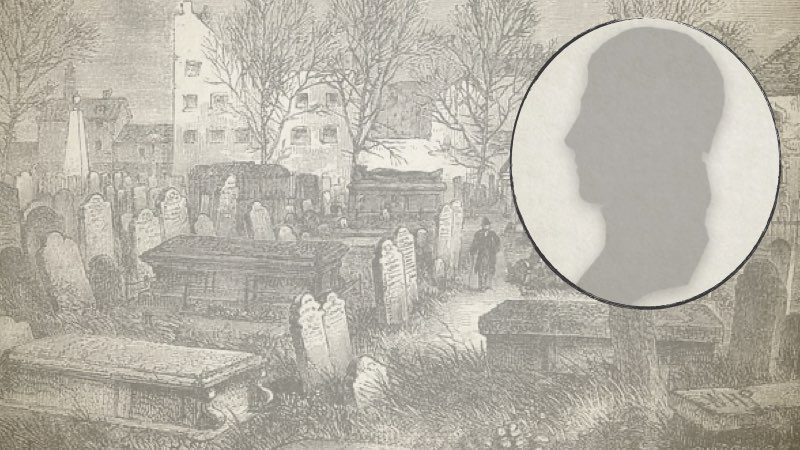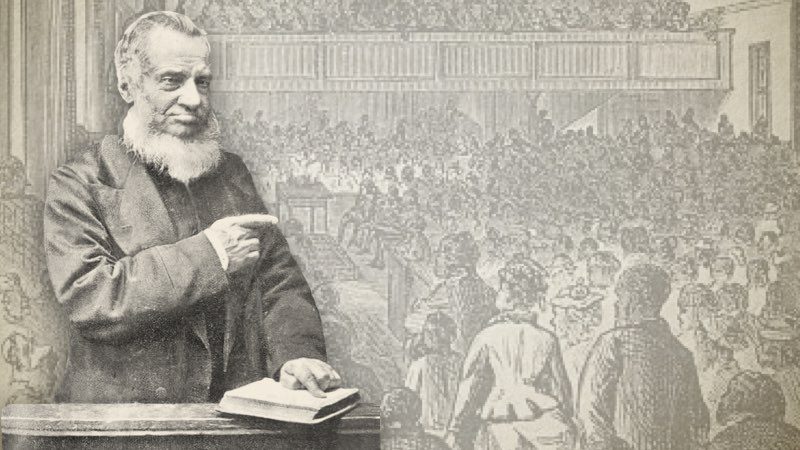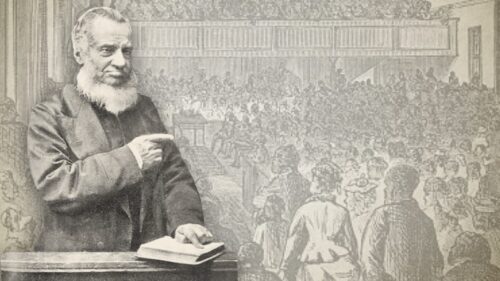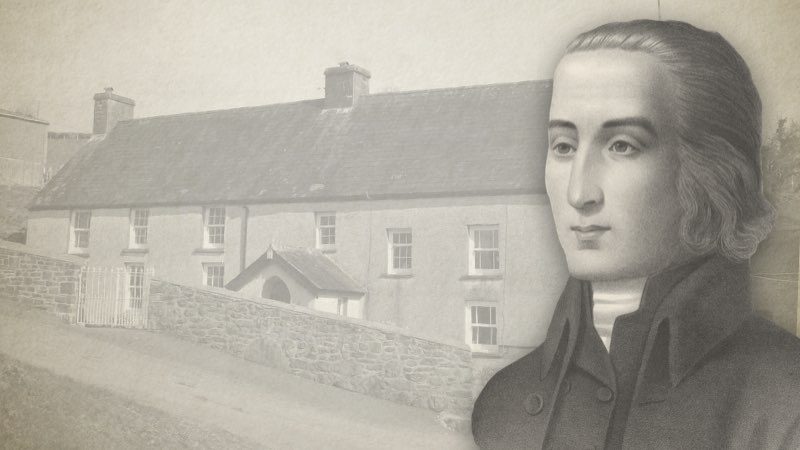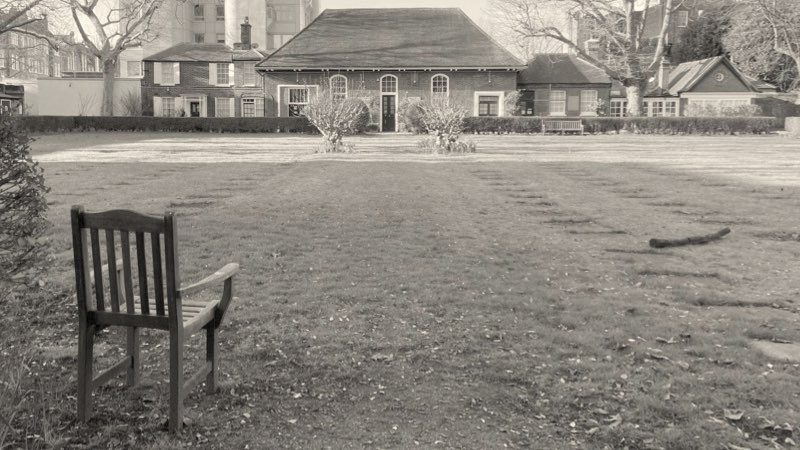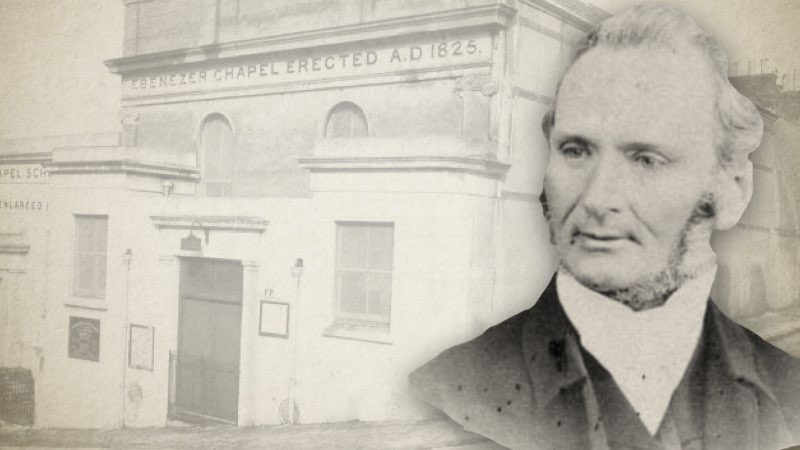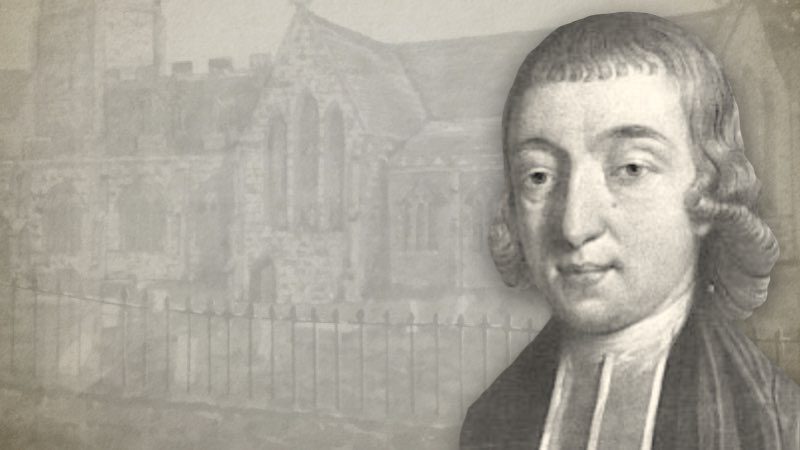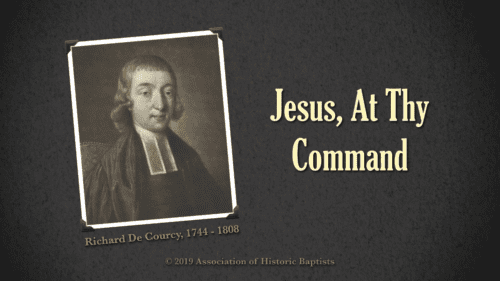-
The Life And Death Of Jonathan Franklin
Jonathan Franklin, Baptist. Mr. Franklin was formerly pastor of the Baptist Church at Croydon. He afterwards removed and took the charge of a people that separated from the church at Little Alie Street, under the care of Mr. William Shenston. They first worshipped in a small wooden building in Chapel Street, Mile End Road; from thence they removed to Redcross Street, in 1808, where Mr. Franklin laboured nearly twenty-six years; finishing his course in May 1833. His grave in Bunhill is E. and W. 67,—N. and S. 23; but, there is no stone erected to his memory.
-
A Report On The Annual Meeting In Support Of The Earth Vessel
To the Ministering Brethren—to the Members of the Church of Christ at Crosby Row—and to all who gave their countenance and help at the Annual Meeting on behalf of The Earthen Vessel, on Tuesday, May 17, 1853, this small expression of my gratitude is presented with feelings of increasing desire that my labours may be more than ever devoted to the bringing together, building up, and feeding of a portion of the ransomed church of the living God. Riding this morning, (Wednesday, May 18th) from Paddington to Wantage, in Berkshire, (where I hope to preach the gospel of God) my mind has been stirred up with a desire to address a few words to you expressive of my sincere thanks for every token both of…
-
The Life And Ministry Of William Williams
William Williams was born, in 1717, at Cefnycoed, in the parish of Llanfair-ar-y-bryn, Carmarthenshire. He was well educated, as he was intended for the medical profession. "His religious feelings," says his biographer, "were at first painful. His convictions of sin were deep and alarming; but his subsequent joy proportionably high." In 1740 he was ordained a deacon by the Bishop of St. David's, and had the curacies, for three years, of Llanwrtyd and Llanddewi Abergwesin. Whitefield, with whom, and the other Methodists, including the Countess of Huntingdon, he became intimate, encouraged him to become an itinerant preacher, and the bishop consequently would not give him "full orders." He did not suffer so much as some of the Methodists did; but he was more than once…
-
The Life And Ministry Of William Hammond
William Hammond (B.A.) was one of the early Calvinistic Methodist preachers, he afterwards joined the Moravians, and was buried in the Moravian burying-ground, Chelsea, in 1783. He wrote his autobiography in Greek, but it was never published. He was educated at John's College, Cambridge. His hymns were printed in 1745, and he wrote a work entitled, "The Marrow of the Church." There is a preface giving some account of a weak faith, a full assurance of faith, &c.
-
The Life And Ministry Of Israel Atkinson
Mr. Geo. Murrell, of St. Neot’s, gave out the 132d Psalm; after which, Mr. Field, of Greenwich, read part of Eph. 4. Mr. Murrell, of St. Neot's, then gave out the second part of the 132d Psalm. Mr. Samuel Milner, of London, then stated the nature of a of a gospel church, basing his remarks on l Tim. 3:15, "The house of God, which is the church of the living God, the pillar and ground of the truth." Mr. Milner first stated that the church was a company of faithful men and women, united together for gospel purposes, on gospel principles. He said it was common on these occasions to give our reasons for dissent; but we take higher ground. We conceive the New Testament…
-
The Life And Ministry Of Richard De Courcy
Richard De Courcy was born in Ireland in 1743 or 1744. He was educated at Trinity College, Dublin. As the Irish bishops would not ordain him, probably because of his Calvinistic sentiments, he left Ireland, and came to England, when he immediately waited upon Whitefield. On being introduced, Whitefield took off his cap, and, showing De Courcy a scar on his head, said, "I got this wound in your country for preaching Christ;" alluding to a time when he was once nearly stoned to death by the Papists. Through the influence of Lady Huntingdon, De Courcy was ordained by the Bishop of Lichfield, when he joined her ladyship, and preached in many of her chapels. Multitudes flocked to hear him, notwithstanding that the Arminians cautioned…

